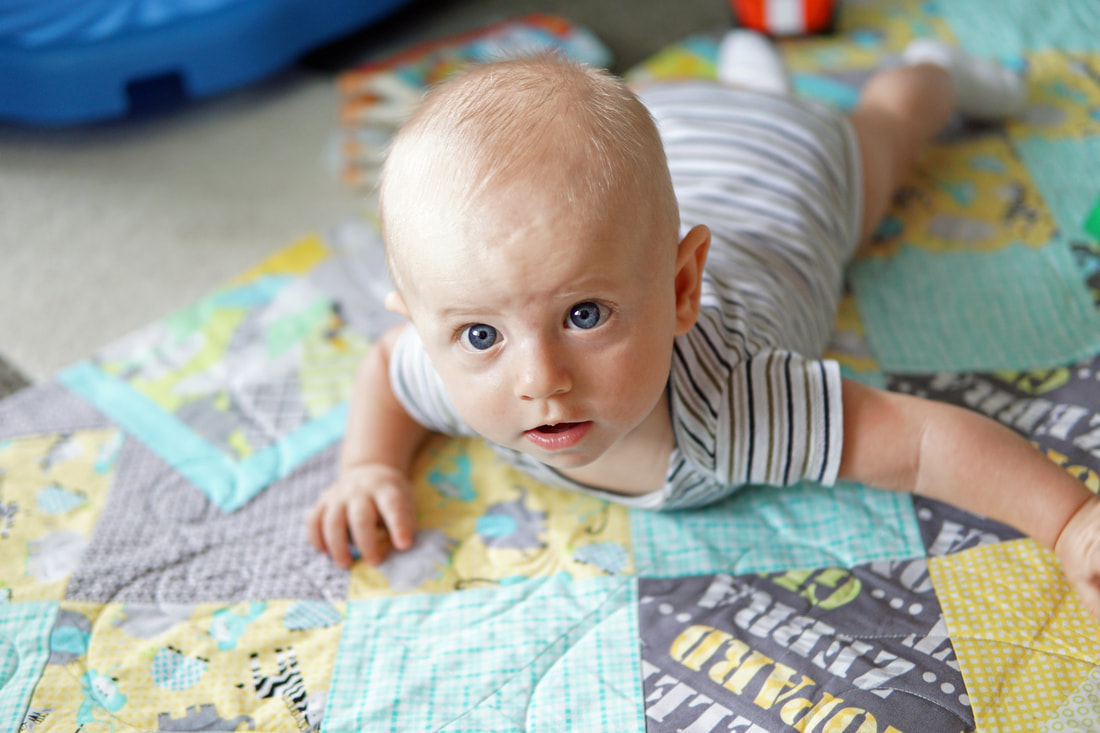Sentry Page Protection
Unit 5 Student Login 
Unit 5 Student Login
Welcome, (First Name)!
Enter Member Area
(Unit 5) Topic 4: Early Childhood Classroom Schedules and Routines
2 Clock Hours of Early Childhood Education

























